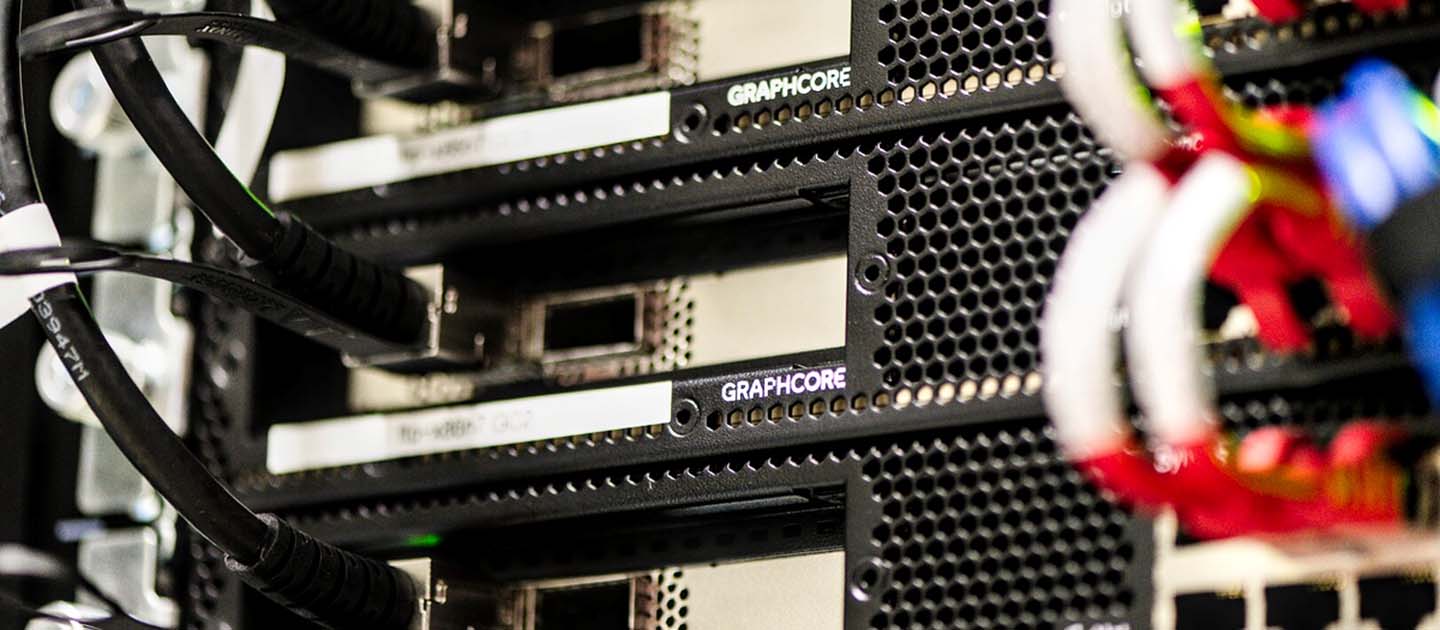The National High Performance Computing Center at the Karlsruhe Institute of Technology in Germany has added a Graphcore IPU-POD system to its Future Technologies Partition.
NHR@KIT offers supercomputing resources and a wide range of supporting services to researchers from across Germany as part of the National High Performance Computing Alliance (NHR).
The Centre’s Future Technologies Partition is a hardware and software testbed that lets researchers run their artificial intelligence (AI) and machine learning (ML) workloads on the very latest compute technologies, allowing them to explore the possibilities offered by new, specialist architectures.
Research carried-out at KIT spans a wide range of fields, including energy, mobility, material sciences, medicine and environmental science.
Futureproofing AI compute
KIT already operates one of Germany’s most powerful High Performance Computing clusters in the Hochleistungsrechner Karlsruhe (HoreKa).
The Institute's decision to introduce Graphcore IPUs came as it considered the future computing needs of artificial intelligence – both in terms of system efficiency and suitability for emerging approaches to machine intelligence.
“We have previously invested in adding substantial AI and ML compute capabilities to our data center that are based on the latest GPU technology. As we look into the future though, it becomes apparent that the race towards more and more performance cannot mean more and more watts per chip. That is just not a sustainable approach and we are therefore looking for alternatives,” said Simon Raffeiner, HPC Operations Manager at Karlsruhe Institute of Technology.
“With the new Graphcore IPU-POD16 system installed in our Future Technologies Partition, we offer researchers the opportunity to look beyond GPUs and to explore the potential of the IPU's unique MIMD processor design to make AI model training more efficient.”
Access and resources
NHR@KIT is the first scientific supercomputing center in Germany to be equipped with a Graphcore system. The IPU-Pod was installed by Graphcore Elite Partner MEGWARE.
Researchers from across Germany can gain access by submitting their project proposals to a scientific steering committee granting direct and dedicated access to the system. While project proposals are being reviewed, preliminary access can be granted for setup and testing purposes, porting of code, code improvements and scaling tests.
NHR@KIT has also created a number of online resources to assist new users in understanding the capabilities of Graphcore hardware and software.
Additionally, users can take advantage of a broad range of ducumentation, tutorials and code examples, Graphcore’s model garden and more at the developer section of Graphcore’s website.
